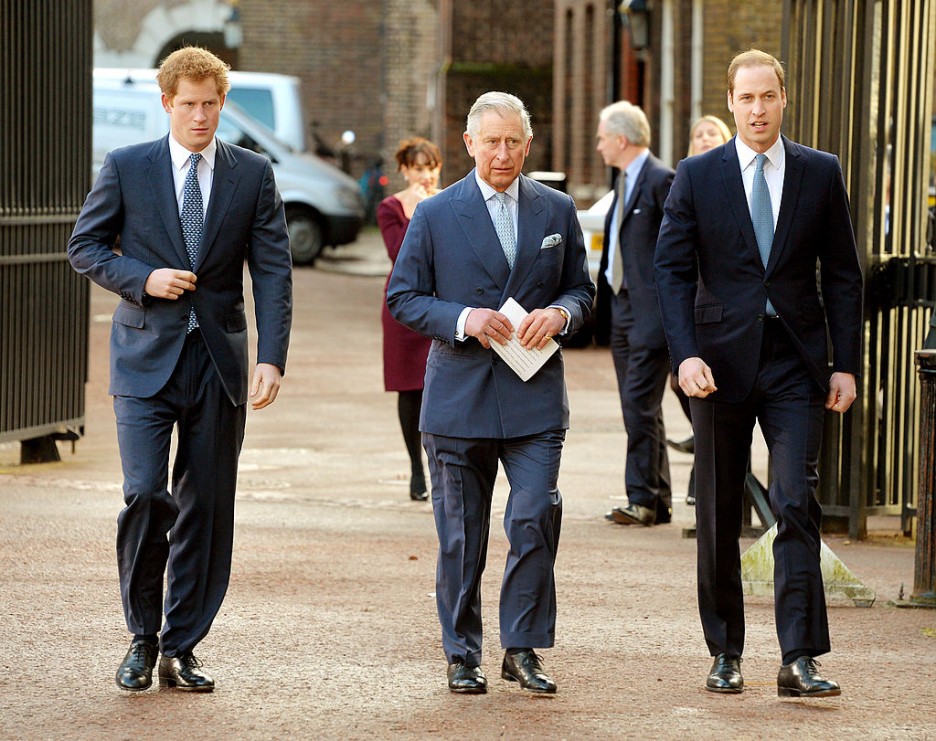King Charles' Secret Meeting With Harry Reportedly Sparked William Feud, Igniting Succession Tension

King Charles deliberately excluded his eldest son, Prince William, from private discussions with Prince Harry, a move royal observers say signals a deliberate assertion of authority by the monarch and could reshape family dynamics as the king's health and legacy take center stage.
Palace insiders and commentators told RadarOnline that the informal talks were initiated by Charles as part of an effort to mend fences with the Sussexes and to secure personal contact with his grandchildren, Archie and Lilibet, who live in California. The talks, they said, proceeded without invitations to William or his advisers — a choice sources characterized as intentional and meant to demonstrate that Charles remains the principal decision-maker for the institution he leads.
"Charles wanted to make it absolutely clear that he is still in charge," one source said. "Leaving William out of the talks wasn't an oversight — it was deliberate. Even though he knows one day the crown will pass to his son, Charles is showing that the monarchy is his to run for as long as he reigns."
The decision has intensified long-standing tensions between senior royals. William, heir apparent and father of three, has reportedly been wary of Harry since the publication of Harry's memoir and the couple's Netflix projects, which revealed intimate and sometimes unflattering portraits of family life. Some close to William view Harry's public disclosures as betrayals that strained trust within the household.
Royal commentator Ian Pelham-Turner, who has covered the monarchy for decades, said the exclusion is "a warning shot across William's bows," and framed it as a reminder that the king will set policy and manage family reconciliation on his own terms.
Charles's reported motivation, according to supporters, is both personal and practical. Battling cancer and entering what aides describe as his later years, the king is said to want peace within his family and to have an opportunity to know his grandchildren. Supporters argue that a private, father-led conversation with Harry could ease family wounds and allow Charles to address matters without the filters of wider household politics.
Observers say the move could shift power dynamics within the family. By conducting talks without William's involvement, Charles may be signaling that operational control of family relationships — and decisions about public messaging and reconciliation — will remain his prerogative during his reign. That could complicate William's future role as monarch-in-waiting, particularly if Charles pursues rapprochement measures that William disfavors.
At the same time, insiders caution that excluding William could deepen resentments. Sources close to the heir say William is unlikely to trust Harry after the revelations in the memoir and public disclosures, and that he may resent being sidelined in discussions that affect the family's unity and the institution's public posture.
Buckingham Palace has not issued a detailed statement about the meetings or the guest list. Palace officials typically decline to discuss internal family matters publicly, citing privacy and the need to manage sensitive diplomatic and personal relationships.
© 2026 Enstarz.com All rights reserved. Do not reproduce without permission.





